Welcome
I started this blog in 2013 to share my reflections on reading, writing and psychology, along with my journey to become a published novelist. I soon graduated to about twenty book reviews a month and a weekly 99-word story. Ten years later, I've transferred my writing / publication updates to my new website but will continue here with occasional reviews and flash fiction pieces, and maybe the odd personal post.
|
Allow me to introduce you to two translated novels, set on different continents a century apart, in the aftermath of wars that, for some, will never end. The first is set in contemporary Angola, a country rich in minerals but economically poor, hampered by twenty-five years of civil war; the second takes place in France, at the end of the First World War, a war which will continue to impact on the members of one small family for the rest of their lives.
6 Comments
Three short reviews of novels about how the past keeps hold of us. The first two are connected by the discovery of a body and a sleepy Shropshire village; the third novel, This Other Island, is, like Ever Rest, mostly set in London and, like Old Bones, it’s about family secrets.
Three short reviews of novels on the theme of love and loss: the first, set in Canada, about a woman whose husband disappears and turns up a year later with a new identity; the second, set in France, is about a man who yearns to be reunited with the lover from his youth before he loses himself to dementia; the third, a translated novel set in Spain, is about the tender relationship that develops between two brutalised people.
Here are two novels about forced migrations and which focus on structural inequalities and the particular dangers to women and girls. The first is about the partition of India in the mid-1940s and the second a contemporary novel set in the Americas.
Both these novels address mid-20th-century fascism from unusual angles: the first through the preoccupations of a Jewish family in Mussolini’s Italy; the second through an alternative history in which Britain, instead of going to war against the Nazis, has succumbed to colonisation in everything but name.
Allow me to introduce two recent reads featuring a teenage girl’s sexual awakening with a physically attractive but morally suspect young man, arousing the envy of her less confident suitor. Both novels also emphasise her passion for the place in which she lives: in the first, a derelict asylum in southern England; in the second, the family farm in rural France.
These two novels are about women over forty for whom life has lost its sparkle, partly due to marital infidelity and an empty nest. The first is a nuanced portrayal of contemporary middle age, set in Paris; the second is a shallow glimpse at widowhood and fear of ageing, set in the 1980s on England’s south coast.
Salina roams aimlessly through the desert, sequentially accompanied by each of her three sons. Harold is physically and mentally unprepared for his epic journey, although he does have a specific destination in sight. Salina’s story unfolds in a newly-published novella, translated from the French; Harold’s in a deceptively light bestseller, published in 2012.
I’m sharing my reflections on these recent reads about the aftermath of a family tragedy, the first set in 1970s rural England and the second in contemporary Alabama. Both are by women writers whose previous novels I’ve loved and I’m delighted to say they didn’t disappoint.
I’ve been reading about fictional male vulnerability in this contemporary translation and this classic from seven decades ago. In the latter, a man has lost his infant son in Nazi-occupied France. Although he’s had an easier war in England, he’s almost as lost as the child. In the other, a family flees poverty in Russia, ostensibly in the hope of better health care for an orphaned boy. But perhaps it’s not him, but his grandparents, who need help most.
It was good to read these two American novels about Black gay men, especially during LGBT history month: the second set in 19th-century Mississippi and an unnamed part of Africa; the first set in contemporary Texas and Japan.
Both these recent reads have complex family dynamics at the centre, while addressing wider political issues in very different ways. In the first, we follow a middle-class Asian family forced to migrate from Uganda to Britain on the whim of a tin-pot dictator; in the second, three siblings re-enact their childhood rivalries around their mother’s deathbed as bushfires envelop their country and the world colludes in its own extinction.
Wolf has lost his wife and, if he doesn’t get his act together, he might lose his daughter, at exactly the moment he needs her most. Michka is losing her words, but is desperate to use those remaining to express her gratitude to a couple she lost touch with in childhood, even though they saved her life. Although I’ve posted a few reviews already this year, these are the first of fiction published in 2021.
I’m sharing my reflections on two novels, published a few years ago about retired schoolteachers who are forced to reappraise aspects of their pasts. Julia Garnet, a former history teacher in South London, has her epiphany in Venice; former maths teacher, Olive Kitteridge, stays in her home town in Maine. Both women have hidden their vulnerabilities beneath a steely shell. Both demonstrate it’s never too late to learn.
Two novels that have sat on my bookshelves for a while, the first waiting to be read, and the second loved and waiting to be re-read. Written by acclaimed female novelists – the first British and the second, Canadian, now deceased – read on to see what this unacclaimed female novelist, also the author of a fictional biography, thought.
Large gatherings at country houses are common enough in fiction, but these two recent reads, both involving family secrets, couldn’t be more different. It’s not so much that the first is set in England and the second in Japan, but one’s crime and the other literary translation. But even within those genres, they’re oddballs. In a good way? Read on for my thoughts!
A novel and a novella featuring twins pulled apart when one is targeted to be a pawn in a war they don’t fully understand: in the first, nineteen-year-old Londoners; in the second, boys in an unnamed Arab country brainwashed into self-sacrifice at only nine.
I’ve recently read these two memoirs which celebrate the fortitude of the authors’ mothers, especially in later life. Both stories are precipitated by a death: in the case of Alison Jean Lester’s memoir, it’s her mother’s confrontation with terminal cancer; for Geoff Le Pard, it’s the revelation of a new side of his mother’s character on becoming a widow. Both are touching tributes, peppered with poetry and humour.
These two novels deal with the aftermath of situations that had caught (fictional) media attention told from the point of view of a woman who tried to do her best. In the first, a political scandal has led to the titular Chief Executive’s early retirement; in the second, an abducted girl is returned to her mother. Of course, the aftermath isn’t quite as the protagonists expect.
No, I'm not going to mention the election, although I read the second of these two novels as a certain world leader screamed for the count to be suspended in some states and accelerated in others. And I wouldn't want to speculate on whether the status of these fictionalised ordinary Americans might shed some light on how half the country lost its mind. But I do love a story that upends the American dream. Where is the space for those who don’t strive for success and fame? Where do the American Asians fit in the narrative? Prepare to be provoked and entertained!
These two recent reads are about marriages under severe strain. In the first, set in the southern USA, a woman turns to a mutual friend when her husband is sentenced to twelve years’ in prison for the crime of being black in the vicinity of a sexual assault. In the second, set in the UK, a family is in crisis as a result of the husband and father’s combat PTSD.
These two novels defy easy categorisation, but I’ve paired them for the combination of depth and humour, innovative structure and switching points of view. Both feature the dynamics of family and coupledom, and a holiday – the first in Scotland, the second in Italy – with destructive consequences.
|
entertaining fiction about identity, mental health and social justice
Annecdotal is where real life brushes up against the fictional.
Annecdotist is the blogging persona of Anne Goodwin:
reader, writer, slug-slayer, tramper of moors, recovering psychologist, struggling soprano, author of three fiction books. LATEST POSTS HERE
I don't post to a schedule, but average around ten reviews a month (see here for an alphabetical list), some linked to a weekly flash fiction, plus posts on my WIPs and published books. Your comments are welcome any time any where. Get new posts direct to your inbox ...
or click here …
Popular posts
Categories/Tags
All
Archives
March 2024
BLOGGING COMMUNITIES
|
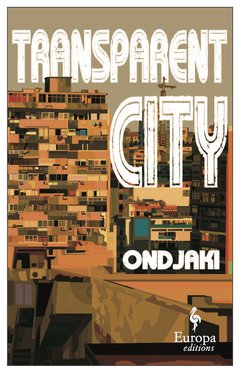

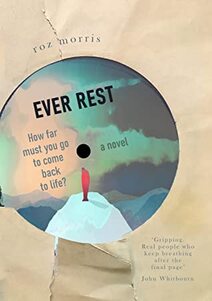
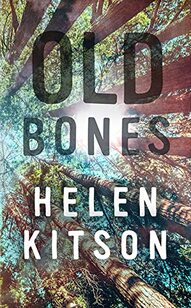
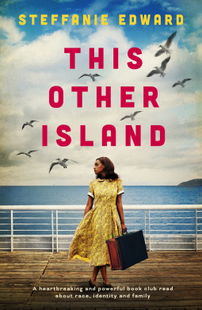
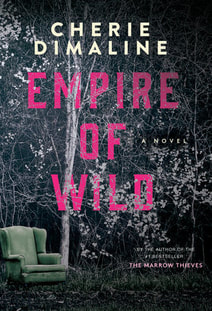
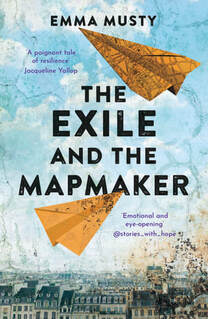
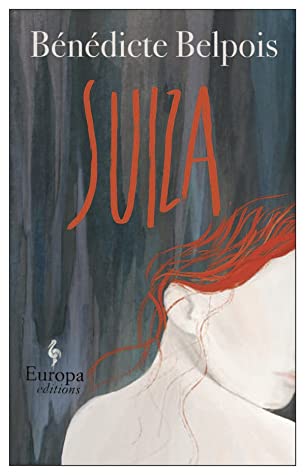
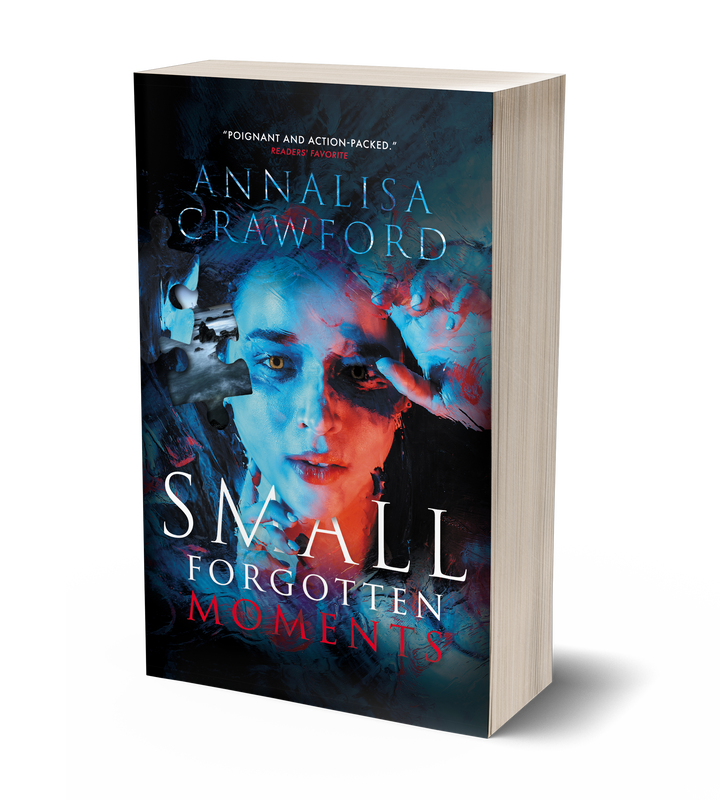
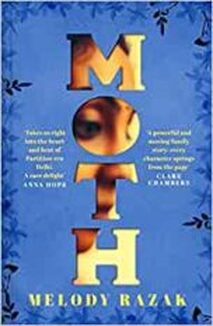
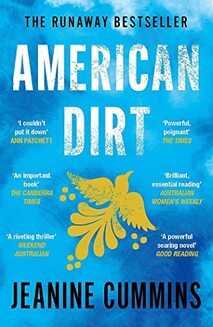
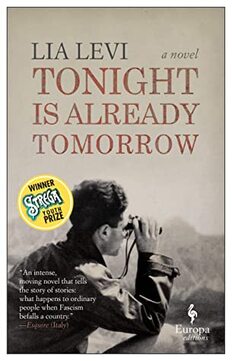
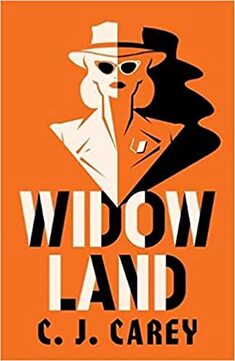
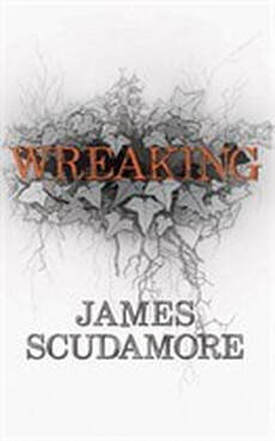
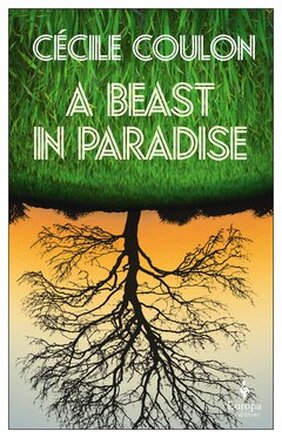
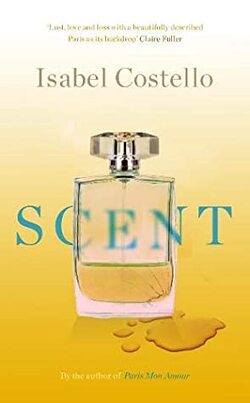
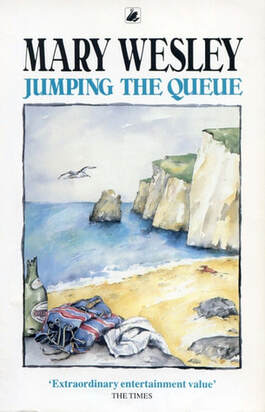
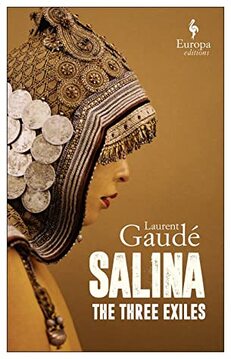
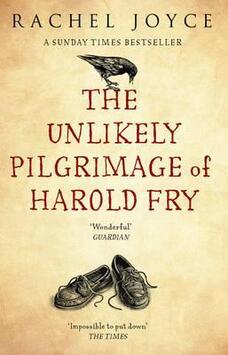
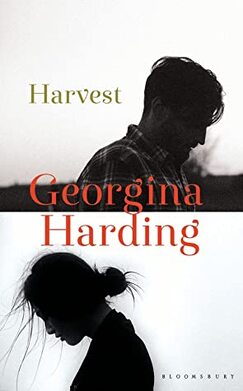
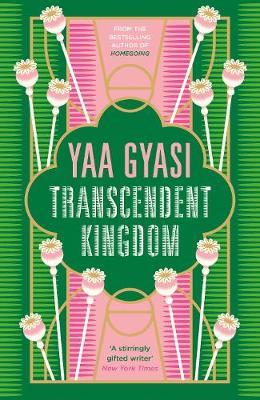
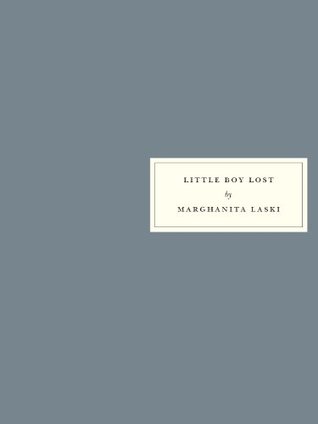
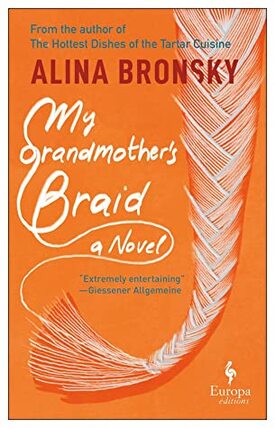
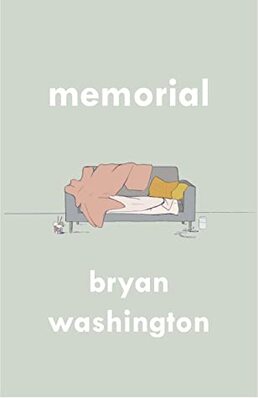
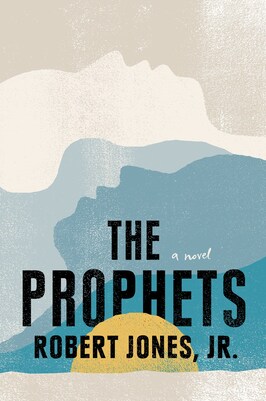
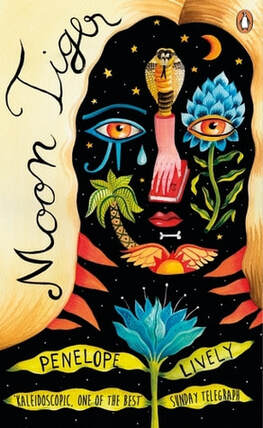
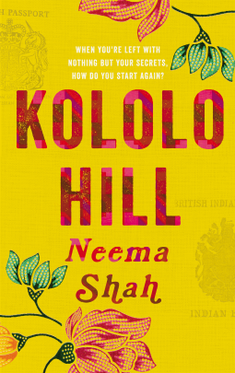

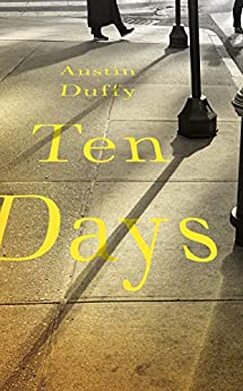
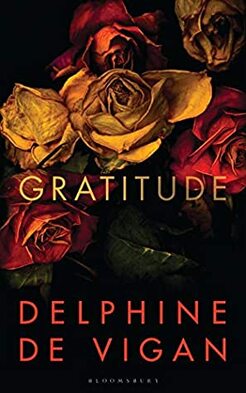
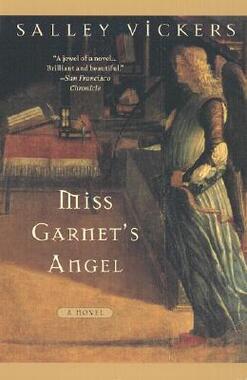
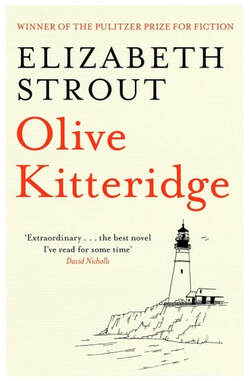
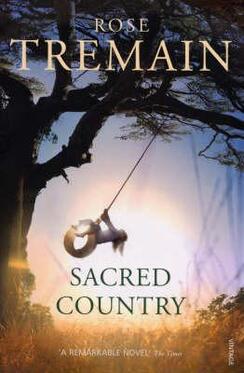
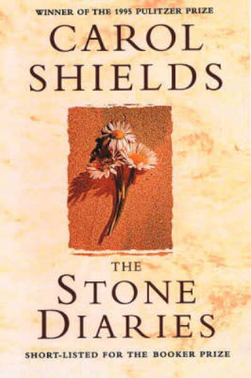
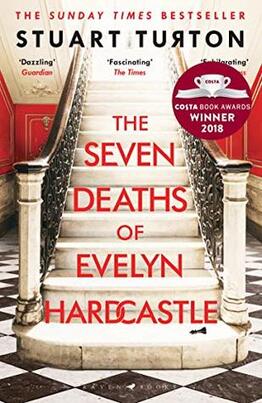

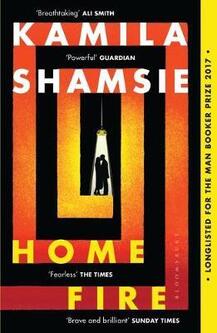
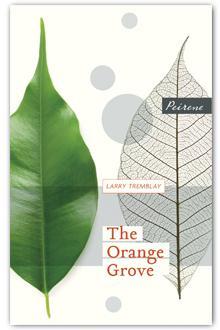
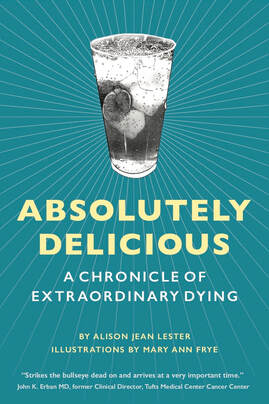
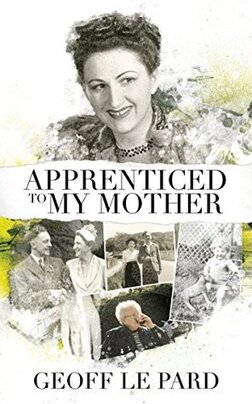

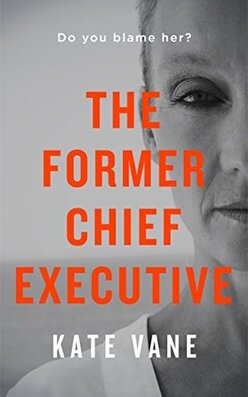
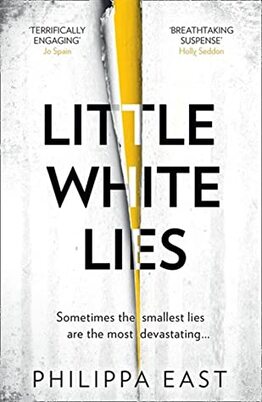
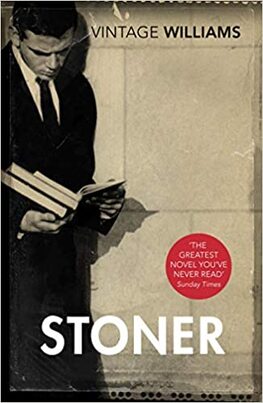

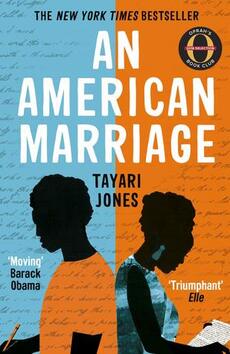
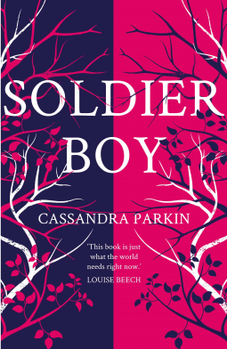
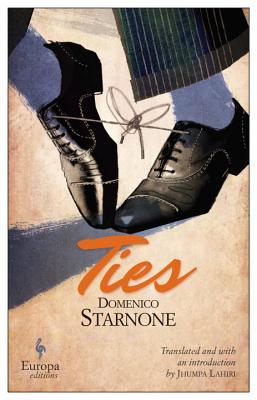
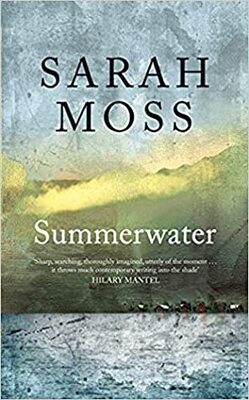





















 RSS Feed
RSS Feed





















